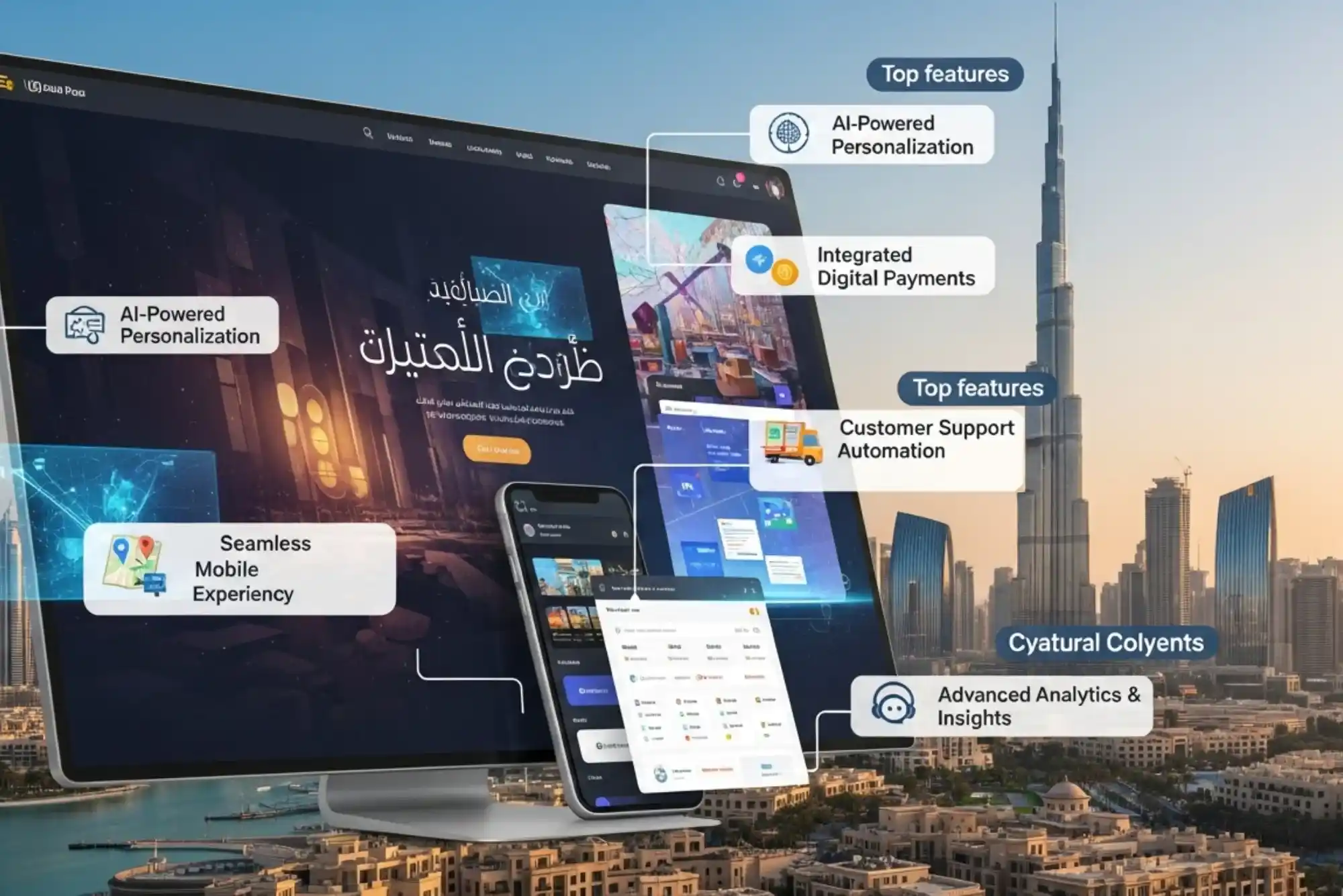Divorce is never easy, and when children are involved, the process becomes even more emotionally complex and legally challenging. One of the most sensitive aspects of any divorce is determining child custody—who the child will live with, how visitation will be managed, and how decisions about the child’s upbringing will be made.
In Dubai, where family law involves a mix of local Sharia principles and allowances for expats to apply the laws of their home countries, navigating child custody issues requires skilled legal guidance. This raises a common and important question:
Can divorce lawyers in Dubai handle child custody cases?
Yes, they absolutely can. In fact, child custody is one of the key areas where divorce lawyers provide critical support and legal representation to parents during and after a divorce.
In this article, we’ll explore how divorce lawyers in Dubai assist with child custody cases, the laws that govern these disputes, and what parents can expect from the legal process.
Understanding Child Custody Laws in Dubai
Child custody in the UAE is primarily governed by Federal Law No. 28 of 2005 (Personal Status Law), along with amendments and recent reforms. In general, the UAE family law system distinguishes between two key roles:
- Custodian – The person responsible for the day-to-day care and upbringing of the child (typically the mother for younger children).
- Guardian – The person responsible for the financial support and major decisions regarding the child’s life (usually the father).
However, these roles are not absolute. Courts always consider the best interest of the child when making decisions, and custody can be awarded differently based on circumstances such as the child’s age, health, and emotional needs.
How Divorce Lawyers Assist in Child Custody Cases
Providing Legal Advice Based on Applicable Law
One of the first tasks of a divorce lawyer is to help clients understand which legal framework applies. Muslim residents are usually subject to Sharia-based laws, while non-Muslim expatriates may be allowed to apply the laws of their home country under recent legal reforms.
Divorce lawyers guide their clients on:
- Which jurisdiction to apply for custody under
- What the likely outcomes may be under UAE or home country laws
- How custody is treated for boys and girls at different ages
Negotiating Custody and Visitation Arrangements
Not all custody disputes go to court. In many cases, lawyers can help separating parents reach a mutual agreement on custody, visitation schedules, holiday access, and decision-making responsibilities.
These agreements can then be submitted to the court for approval, making them legally binding and enforceable.
Court Representation in Custody Disputes
When an agreement cannot be reached, the case proceeds to the family court. Divorce lawyers in Dubai represent their clients in presenting evidence, filing necessary court documents, and advocating for their client’s custodial rights. They help:
- Demonstrate the client’s suitability as a custodian or guardian
- Challenge unfair claims by the other parent
- Ensure the child’s interests are fully protected
Lawyers also handle complex cases involving relocation (when one parent wants to move abroad with the child), allegations of neglect, or changes in custody after divorce.
Handling International Custody Issues
Dubai is home to a large expatriate population, and international custody issues are common. These may involve:
- Parents of different nationalities
- Children born abroad but living in Dubai
- Custody orders issued in other countries
- Travel bans or exit permissions for minors
Experienced divorce lawyers in Dubaiare familiar with cross-border legal complications and can coordinate with foreign courts or embassies if needed.
Post-Divorce Modifications and Enforcement
Circumstances can change after a divorce—one parent may remarry, relocate, or experience a change in income. Lawyers help clients seek modifications to existing custody orders or enforce custody rights if one parent is violating the terms.
Whether it’s increasing visitation time, preventing international relocation, or ensuring compliance with a parenting plan, legal representation remains crucial even after the divorce is finalized.
Factors Considered by UAE Courts in Custody Decisions
While UAE law provides general guidelines, the court examines each case individually based on:
- Age and gender of the child
- Emotional and physical well-being of the child
- Parent’s financial stability and living environment
- Ability to provide education and care
- Parent’s moral character and conduct
- Relationship of the child with each parent
In all cases, the child’s welfare is the court’s top priority.
Key Tips for Parents Navigating Custody Issues
- Act in Good Faith: Courts look favorably on parents who put the child’s interests first and try to reach fair arrangements.
- Document Everything: Keep records of your involvement in the child’s life, communication with the other parent, and any incidents of concern.
- Avoid Conflict: Heated disputes or inappropriate behavior can negatively affect your custody case.
- Consult a Lawyer Early: Legal advice at the beginning of the process can help you avoid mistakes and build a strong case.
Final Thoughts
Child custody cases require a deep understanding of both legal procedures and human emotion. A good lawyer not only advocates for your parental rights but also keeps the child’s well-being at the heart of every decision.
Whether you’re in the early stages of a divorce or seeking to modify an existing custody agreement, divorce lawyers in Dubai have the knowledge, experience, and sensitivity needed to guide you through the process with care and professionalism.
If you’re dealing with a custody issue, don’t face it alone. Seek legal support early to ensure your child’s future is secure and your parental rights are protected.

















